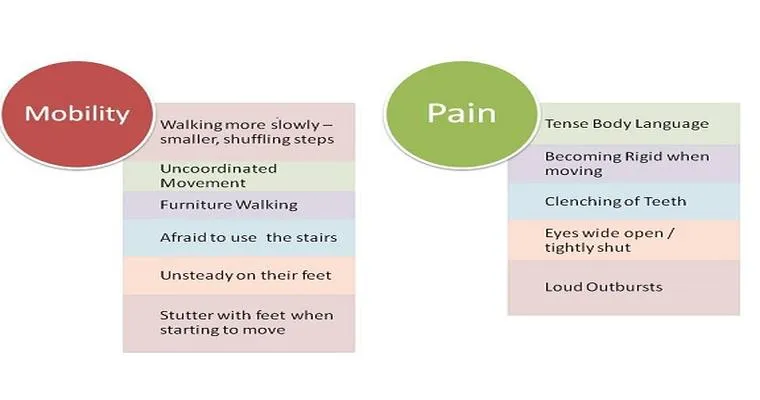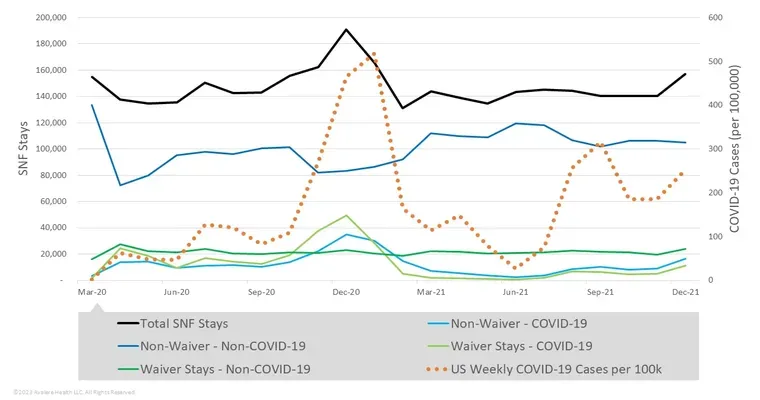"Dementia wandering" is a significant concern for families and caregivers of individuals living with dementia. This behavior can pose safety risks, leading to disorientation and potential dangers. "Professional caregivers" and "memory care facilities" play a crucial role in addressing these challenges and providing the necessary support to both patients and families. Understanding the nature of wandering in dementia patients, as well as the resources available, is essential for ensuring safety and enhancing quality of life.
Wandering can manifest in various ways, including aimless walking, attempting to leave a familiar environment, or even searching for a place that feels safe. This behavior often stems from confusion, anxiety, or the need to engage in physical activity. It is important for caregivers to recognize the triggers that lead to wandering in order to develop effective strategies for prevention and management.
"Professional caregivers" are trained to handle the complexities associated with dementia wandering. They possess the skills and knowledge to create a safe environment that minimizes the risk of wandering. This includes implementing routines, engaging residents in meaningful activities, and providing emotional support to reduce anxiety. By understanding the unique needs of each individual, caregivers can help create a sense of security that discourages wandering behavior.
In addition to professional caregivers, "memory care facilities" offer specialized services designed to meet the needs of individuals with dementia. These facilities provide structured environments with trained staff who are equipped to handle wandering incidents. Memory care units often feature secured areas, enabling residents to move freely while ensuring their safety. The layout of these facilities is intentionally designed to reduce confusion and anxiety, which can be significant contributors to wandering.
Moreover, memory care facilities often incorporate technology to assist in monitoring residents. Tools such as GPS tracking devices can help caregivers keep tabs on individuals who may wander. This technology provides peace of mind for families, knowing that their loved ones are being monitored safely.
Another critical aspect of managing dementia wandering is communication. Caregivers should maintain open lines of communication with family members, sharing updates on the individual's behavior and any changes in their condition. This collaboration can lead to more effective strategies for managing wandering and ensuring the safety and well-being of the person with dementia.
In conclusion, "dementia wandering" is a complex issue that requires a multifaceted approach to management. "Professional caregivers" and "memory care facilities" are vital resources that provide the necessary support and safety measures for individuals living with dementia. By understanding the causes of wandering and utilizing the expertise of trained professionals, families can create a safer environment, allowing their loved ones to maintain a higher quality of life. If you are facing challenges related to dementia wandering, consider reaching out to a memory care facility or hiring a professional caregiver to help navigate this difficult journey.





